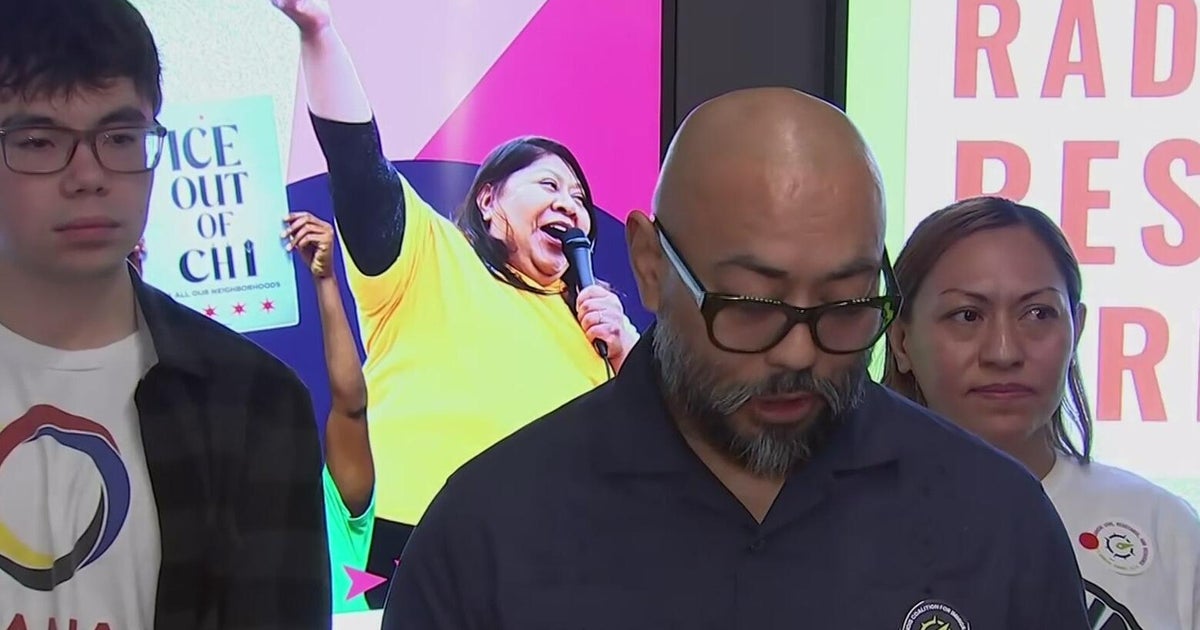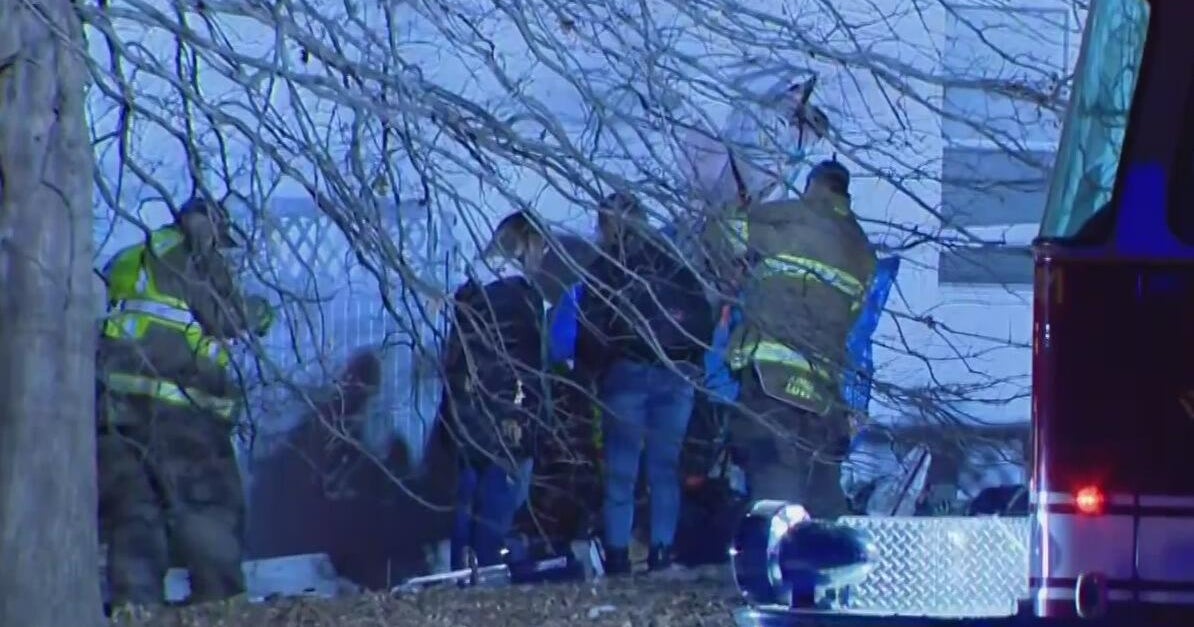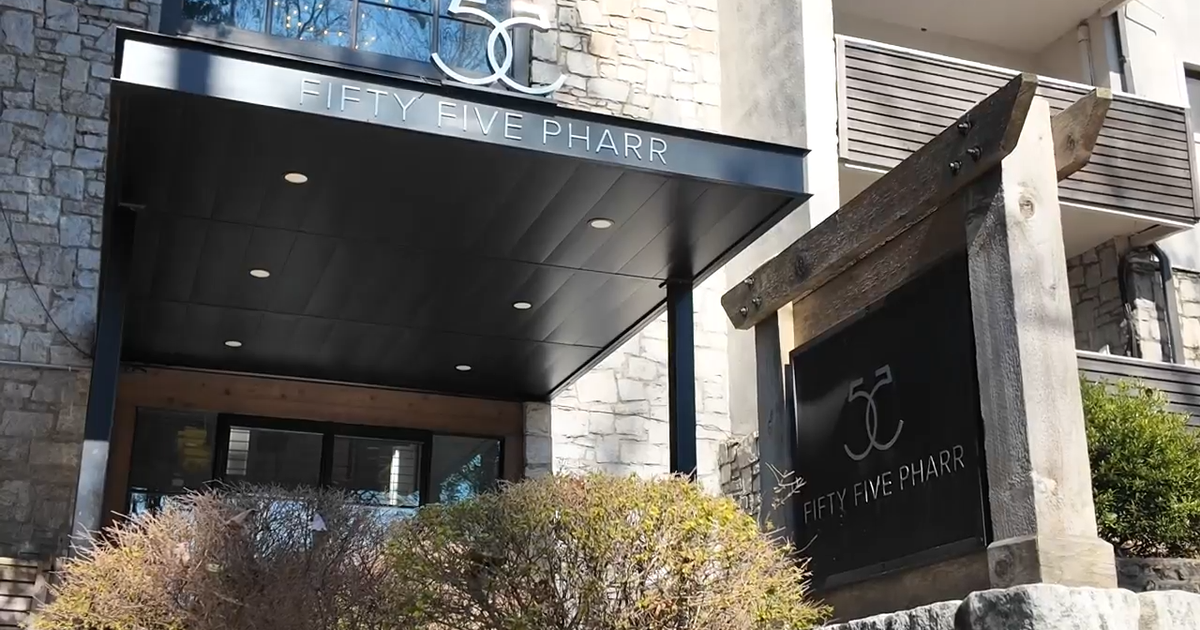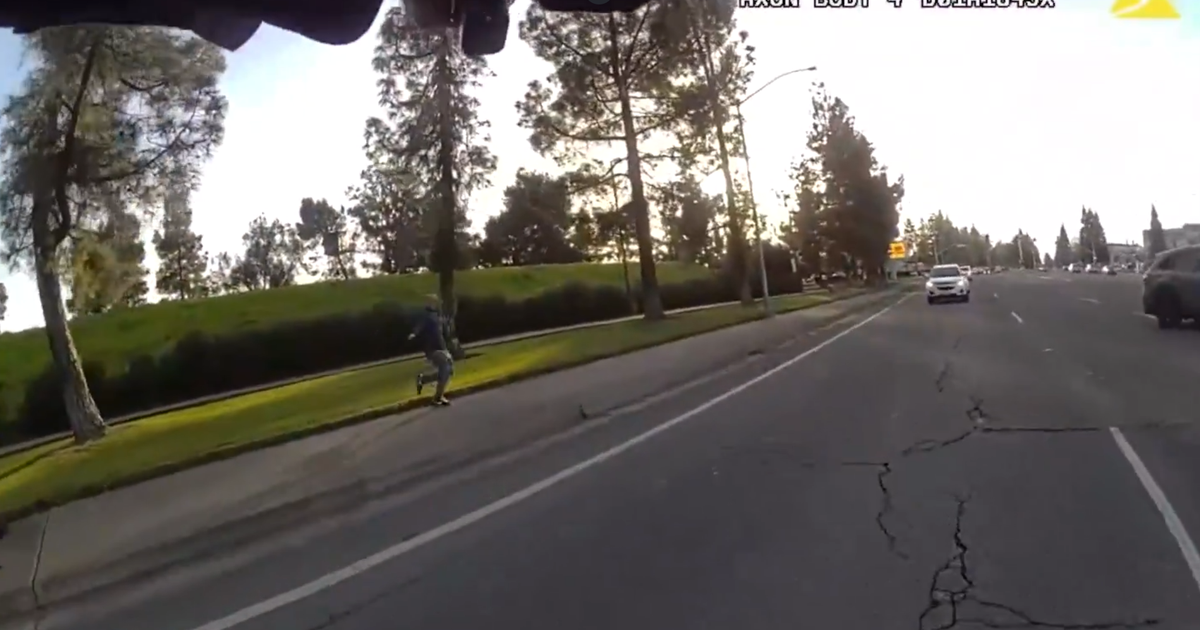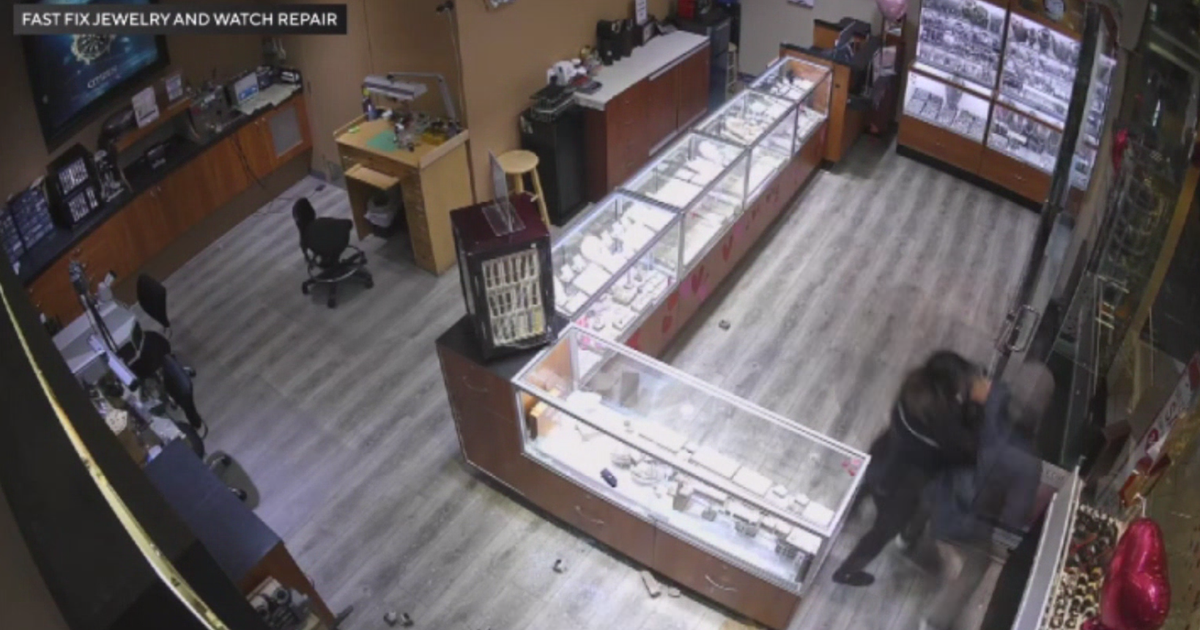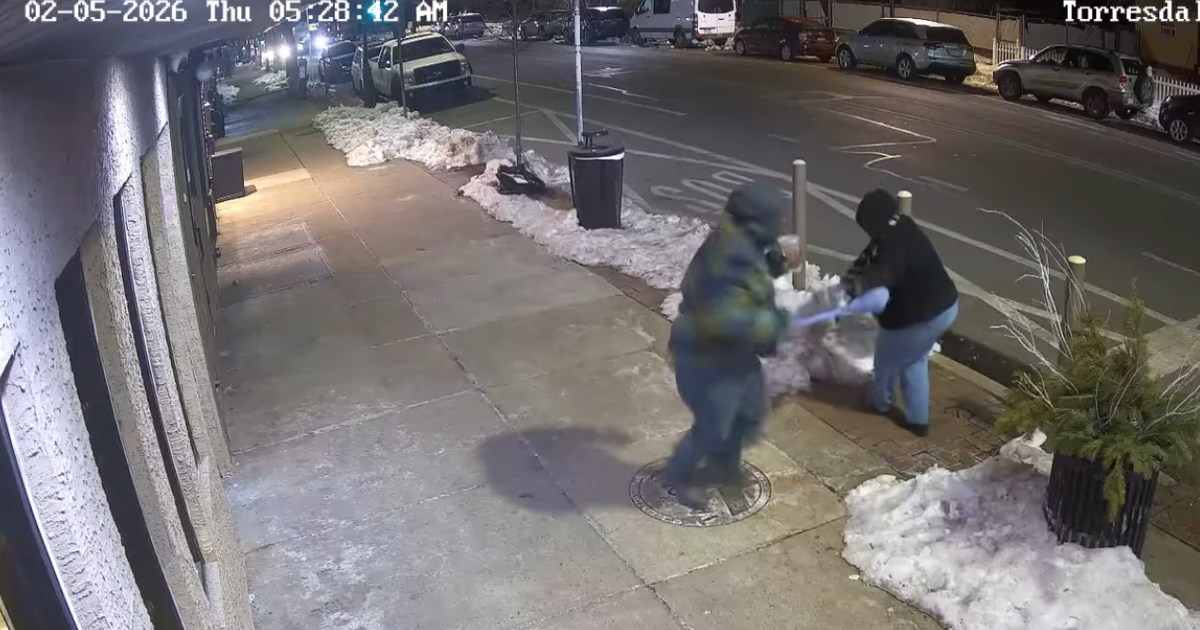Insider Explains Why IDES Is Not Calling You Back
CHICAGO (CBS) -- Dozens of unemployed people have told us they've waited weeks for a phone call back from IDES only to get disconnected.
What's going on?
CBS 2 Investigator Dorothy Tucker talked with an insider who tells us what's happening behind the scenes.
Evanston's Moika Long is one of those unemployed Illinoisans whose phone became like an extra body part.
"I had my phone glued to me. It was in my bed," she said. "Once or twice I forgot and almost went into a panic. I ran back looking at my phone hoping that they didn't call, which they didn't."
Long didn't want to miss the call that would determine if she could pay her rent, her car note, even buy food.
"Very frustrating. Almost scary," Long described her overall experience with the Illinois Department of Employment Security.
Since mid-March, 1.7 million unemployment claims have been filed in Illinois. Long's is one of them. She started having problems when her benefits unexpectedly stopped in July. That was when she started calling IDES to find out why.
"I called over and over again," Long said.
She never got through, but she got hopeful when she heard this recorded IDES announcement: "We have implemented the callback-only model."
"I thought, great! I'm thinking like business, you'll get a call back within 24 hours," Long said.
But 24 hours was closer to another 24 days before her phone finally rang and a live human was on the other end.
"I was so excited. I'm like, yes, I'm finally going to get this taken care of," Long said.
The agent asked her a few questions, got some information and then asked Long to hold on
"I'm like, they're going to come back with something," she said.
After holding for 21 minutes, the unbelievable, unimaginable, and unthinkable happened.
"I heard a click and I looked down at my phone and it had gone back to the main screen. I was disconnected. I was almost in tears," she said.
"I think claimants deserve better. I know they do," said an IDES insider who wants to remain unidentified.
"I worked under the callback queue system," said the insider who quit in August, frustrated with how IDES operated the system and overwhelmed by the need. "They're sad. They're crying. They need money. They don't know why it's taking so long for a call back."
The insider believes one reason could be there are just too many calls to handle.
"When I left, there were 2,000 calls in the certification queue," the insider said.
Translation: 2,000 people with the same issue – all waiting for a call back. Difficulty certifying is just one of the many reasons people call IDES for help. Other reasons, meaning other queues, include PIN and password problems, issues filing an initial claim and reporting a lost or stolen debit card.
The insider also told us about a lack of training for agents: "There were a lot of things I didn't know how to do."
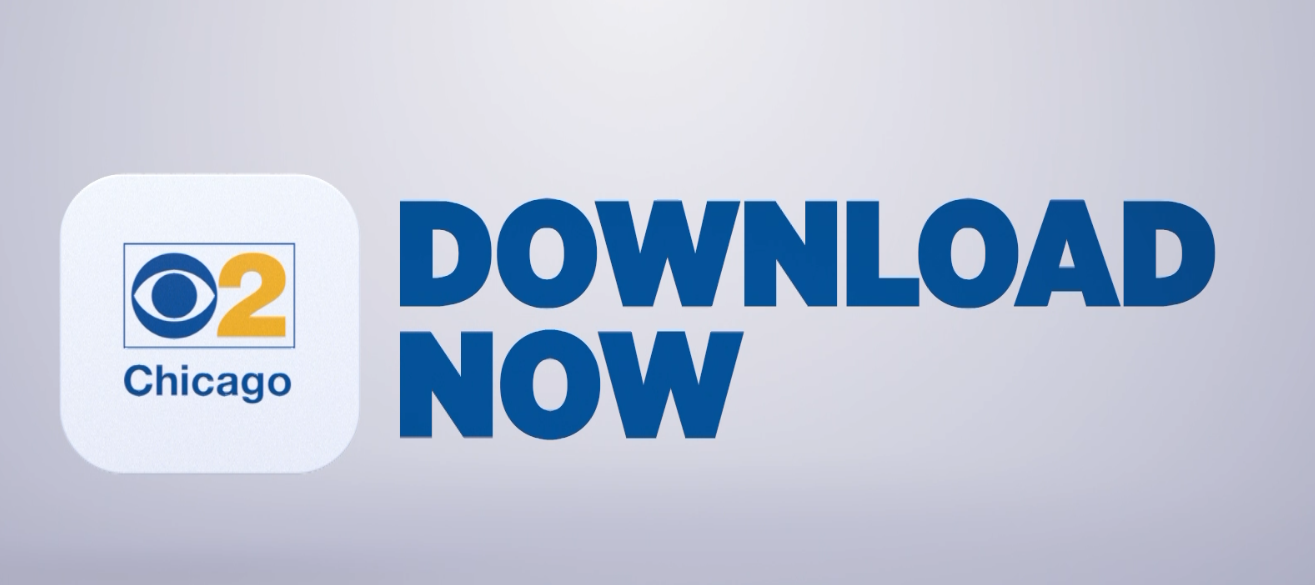
The CBS 2 investigators obtained a copy of the state's "Courtesy Call Back" training manual. The document covers several topics but the insider says most of the training focused on how to help someone open a claim. For other issues?
"I had to do my own research," the insider said. "Sometimes supervisors were available for questions, but usually they weren't."
That meant placing people on hold while the agent sought answers. And sometimes the unbelievable, unimaginable, and unthinkable would happen.
"It would sometimes drop the calls," the insider said. "There was not a day where I did not have a dropped call; usually three a day."
"Sometimes it was systemwide," the insider continued. "I would check into Teams and say 'Hey anyone having a problem?' I would get 'Yes, I just got booted out, I just booted out. I just got booted out.'"
Remember, that's what happened to Long.
"To hear that click – I was just outdone," she said.
Behind the scenes, the insider told us what's happening when calls get disconnected: "It would go away. It would just go away. So we would have to log back in."
And the insider said there was nothing in the training manual to address that problem.
"That doesn't say anything about a dropped call, nothing about a dropped call, so we didn't have any training on what to do if a call drops," the insider said.
So, why do calls get dropped? That's a question our insider couldn't answer. But state managers should know.
At a recent Zoom meeting with the Employment Security Advisory Board (ESAB) where several IDES VIPs presented updates to board members, CBS 2's Tucker asked: "An insider tells us that there are technical glitches causing these dropped calls, several times a day, they say it's happening. I'd like to know whether the agency is aware of this problem. If you are not why not? If you are, what is the agency doing about it?"
ESAB Chairman Jim Agnionis replied, "Thanks Dorothy."
A polite, "We're not the ones to answer that question," is all we got, even though many IDES VIPs gave presentations – including new Director, Kristin Richards. Her initials and her voice, but not her face, were on the Zoom.
Here's how our insider dealt with the problem.
"If the system drops a call through no fault of claimant, I would always call them right back," the insider said.
The insider would always write down the claimant's number just in case because the system does not automatically redial a dropped call. Instead, it puts the claimant back in line.
"To me, that was not fair, which is why I would call back," the insider said, "especially if they had been waiting weeks or months for a call."
The insider's advice? Make sure the agent you get writes down your number in case you get disconnected.
It took almost two more weeks before Long eventually connected with a second agent. Based on that conversation, she's now appealing her case, which means she's waiting on another call back.
"So, here we go again," Long said.
An IDES spokesperson told us that there is no technical or software glitch causing those disconnected calls, but did admit calls do get dropped "for whatever reason." This is IDES' full statement:
"There is no technical or software glitch with the callback system, but perhaps some misunderstanding in how the callback system works.
• The callback system is not one collective queue, it is a broken out into several categorical queues (password resets, appeals, etc.) depending on the nature of the claimant's call. If a claimant somehow finds themselves in the wrong queue and/or the claims rep they are working with is unable to handle the issue at hand, their issue will be transferred to a claims rep who is better equipped to assist. This transfer does not mean the call is being transferred right then and there. Rather, their issue is being transferred to the correct queue and they will be called back without losing their place in line. IDES is currently working on some improvements to this process and can share more information about this when it becomes available.
• If a call is dropped, for whatever reason, during a call with a claims rep and a claimant, the claimant's information is still locked into the system because their issue was not fully resolved. Therefore, their contact information is still available within the queue. Claims reps are instructed to call the claimant back if a call is dropped.
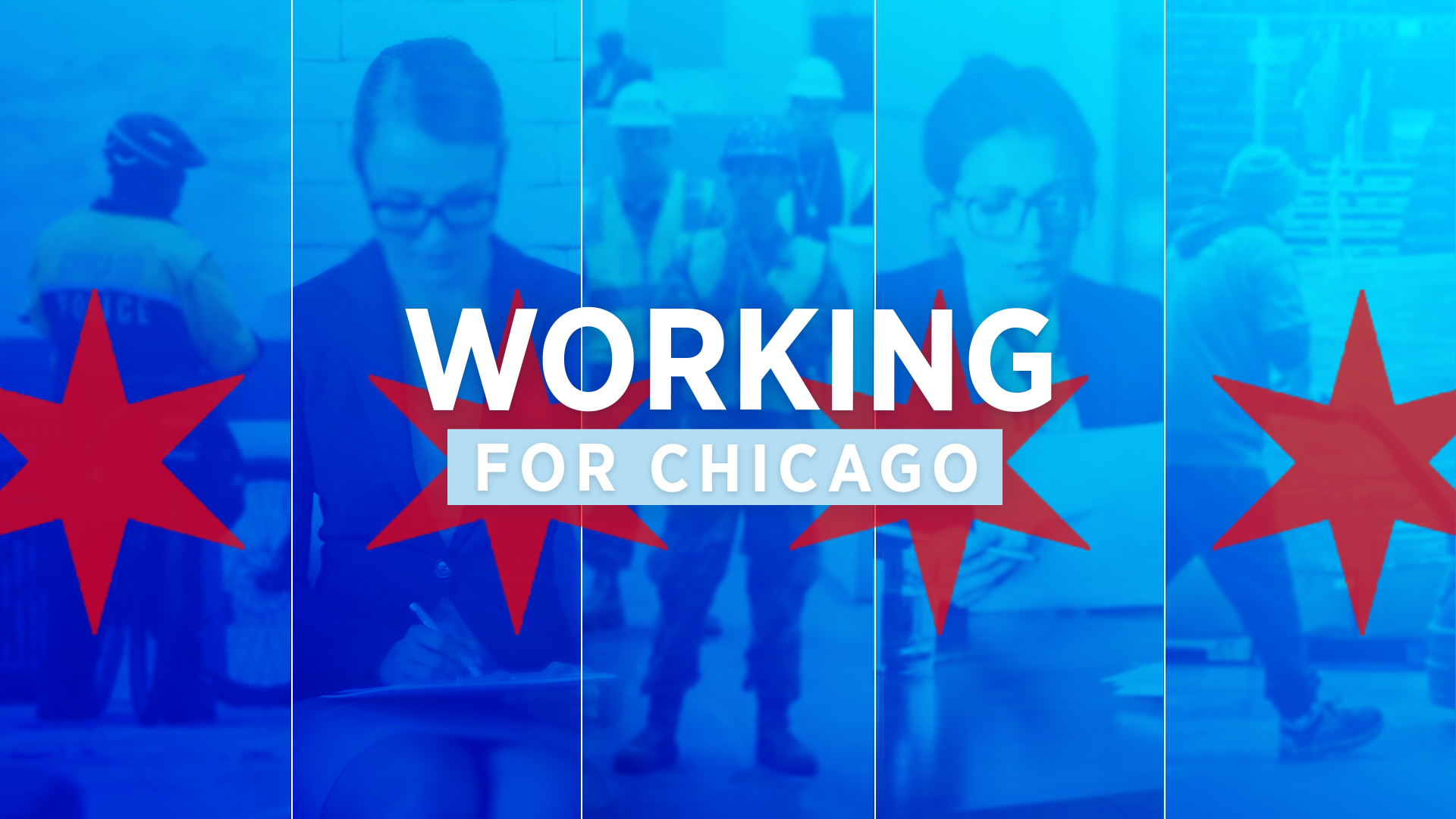
CBS 2 is committing to Working For Chicago, connecting you every day with the information you or a loved one might need about the jobs market, and helping you remove roadblocks to getting back to work.
We'll keep uncovering information every day to help this community get back to work, until the job crisis passes. CBS 2 has several helpful items right here on our website, including a look at specific companies that are hiring, and information from the state about the best way to get through to file for unemployment benefits in the meantime.
[wufoo username="cbslocalcorp" formhash="xkrloiw0xj564i" autoresize="true" height="685" header="show" ssl="true"]


